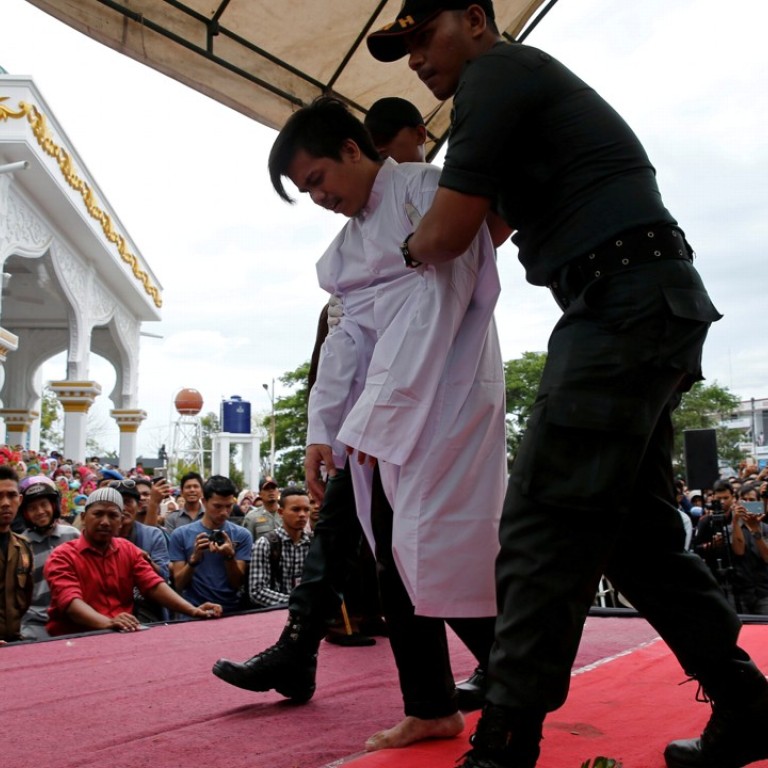
Sex before marriage ‘fudge’ gives hope to Indonesia’s persecuted gays
Are cooler heads beginning to prevail in the country’s latest bout of moral panic?
The ranking member of a parliamentary committee, charged with overhauling the country’s voluminous criminal code, said most politicians were eager to avoid language that would make extramarital sex illegal. The provision is thought to disproportionately impact the country’s gays and lesbians because they are unable to marry.
“We don’t want to have the criminalisation of LGBT,” Ichsan Soelistio, who hails from President Joko Widodo’s Indonesian Democratic Party of Struggle (PDI-P), which has the most seats in parliament.
“This is the same with young people before marriage. We don’t want to criminalise that. The government cannot push into the private matters of the nation.”
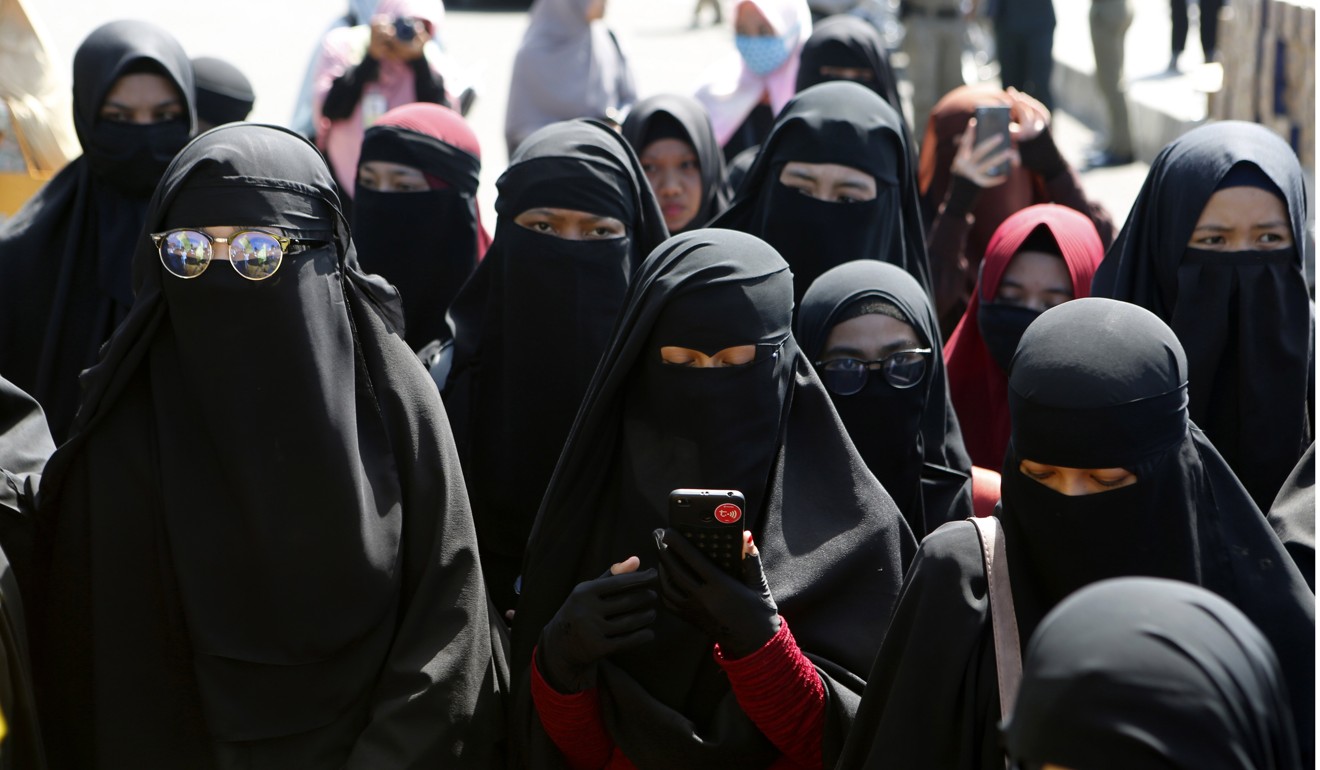
The comments come as anti-gay prejudice and moral conservatism reach fever pitch ahead of regional elections this year in the country’s most populous provinces, where issues of piety play well to voters. In Jakarta, legislators are debating changes in the criminal code that would hand down five-year prison sentences for sex between unmarried people.
But the committee charged with including the provision in the country’s mammoth 750-article criminal code, which dates back to Dutch colonial times, may have found a way to fudge the issue.
Legislators may opt to make sex outside marriage a crime only if one of the two consenting parties makes a formal complaint to police. Similar requirements are made in the case of adultery.
Human rights activists, however, say the proposal still amounts to criminalisation and leaves the door open for police harassment.
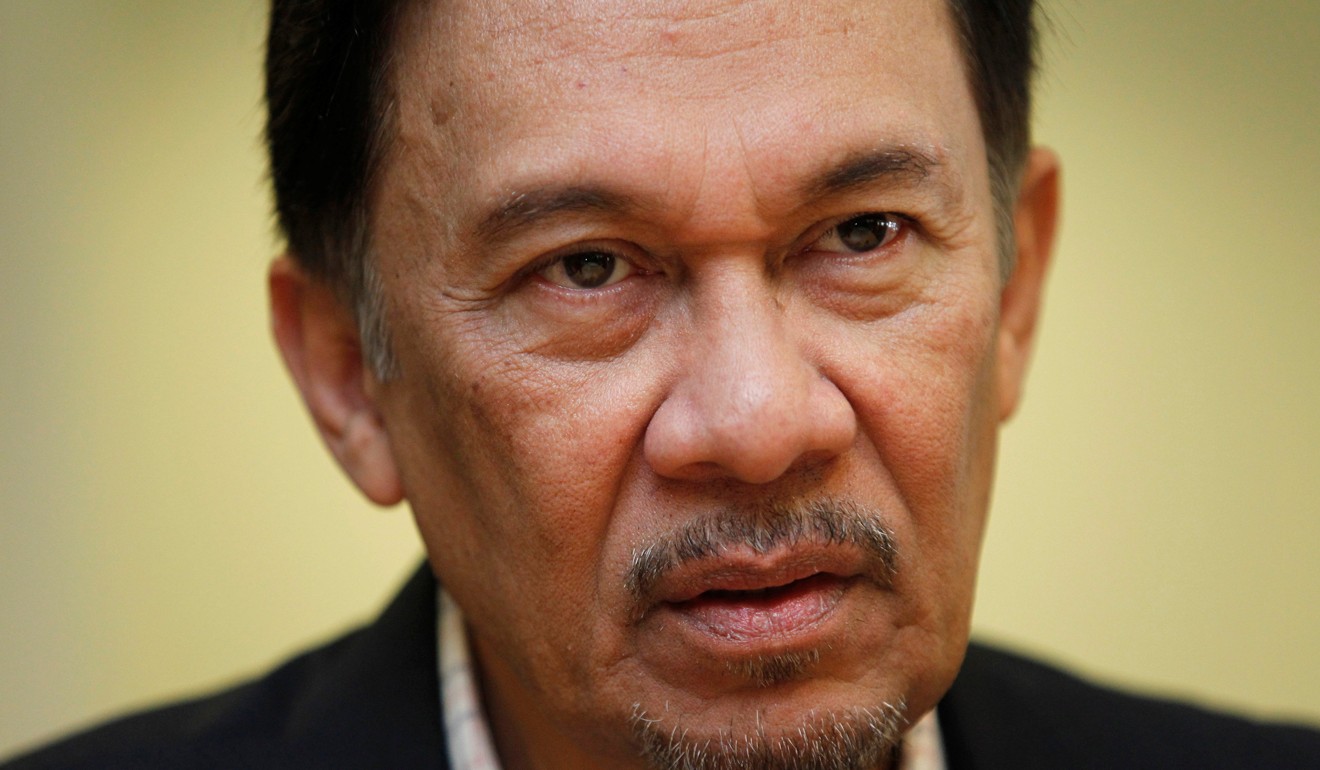
Nearby in Malaysia, laws that criminalise same-sex relations are even more strident. Between 1985 and 2013, statutes were enacted making it illegal for men to “pose” as women, giving leeway to authorities to harass transgendered people, or anyone who does not conform to norms for the gender they were assigned at birth. Former deputy prime minister Anwar Ibrahim, who was convicted of sodomy and has been in and out of prison since 1998, is perhaps the most prominent public figure to run afoul of the law.
In Jakarta and Surabaya, police have detained and humiliated hundreds of gay men in saunas, apartments and hotel rooms, even though gay sex is legal there. Technically, they are detained on suspicion of violating the country’s pornography law.
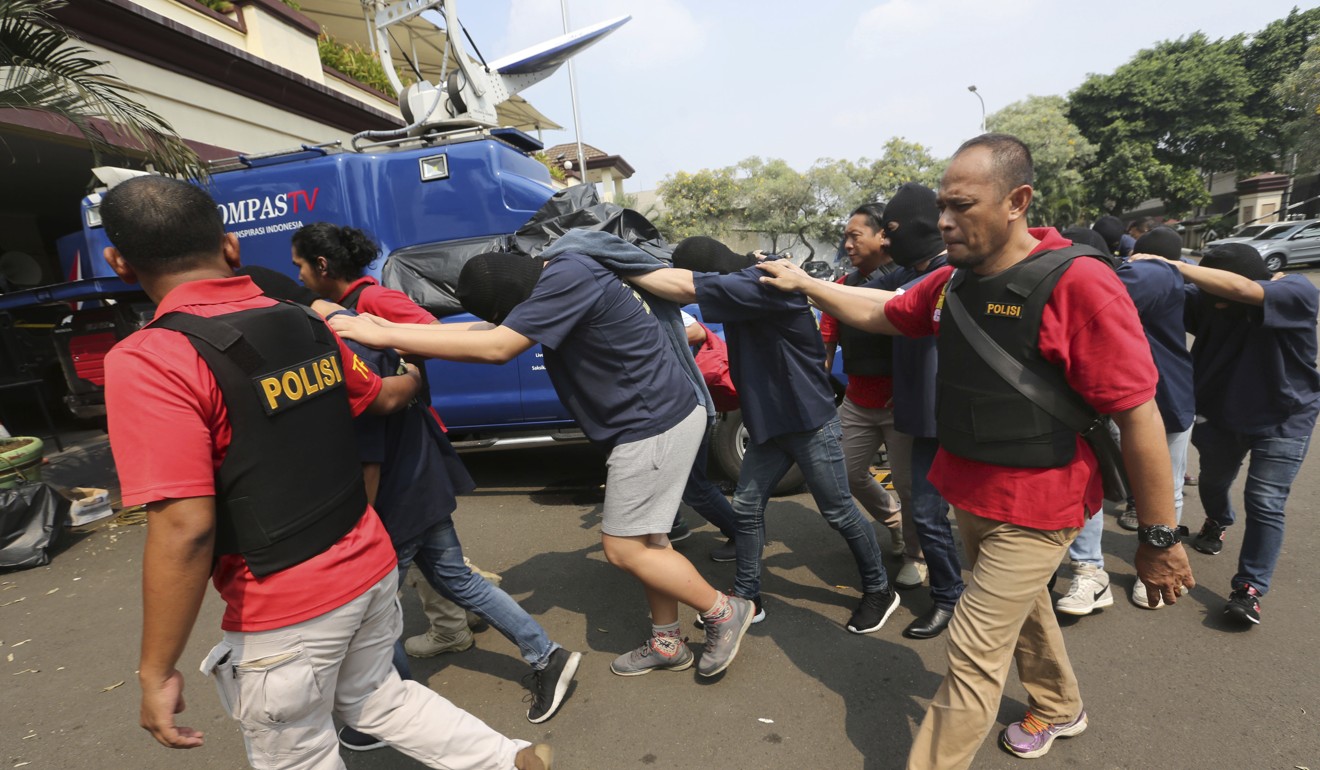
“The provisions are a way to harass people,” said Ricky Gunawan, director of the human rights public defender LBH Masyarakat.
“Police raids on gays have already taken place without laws banning gay sex.”
Other commenters agreed. But Bivintri Susanti, a constitutional law expert who helped establish the Indonesian Centre of Law and Policy Studies said that while no law criminalising sex is warranted, this may be the lesser of two evils.
Indonesia cracks down on gays ... and fuels its HIV epidemic
“If they really can’t scrap the provision, then, yes, this is preferable,” Susanti said.
Last weekend, police in the conservative province of Aceh, which observes some aspects of sharia law, detained a dozen transgendered women and humiliated them by cutting their hair and forcing them into men’s clothing.
Unmarried straight couples have also not escaped scrutiny. In November, police in Tangerang, to Jakarta’s west, arrested four people suspected of participating in a mob that stripped a young couple naked and paraded them through the neighbourhood because they were rumoured to be in a romantic relationship outside wedlock.
Soelistio said a compromise under consideration would limit complaints to partners or perhaps their parents. Nosy neighbours or religious vigilantes, for example, would have no standing to file a complaint.
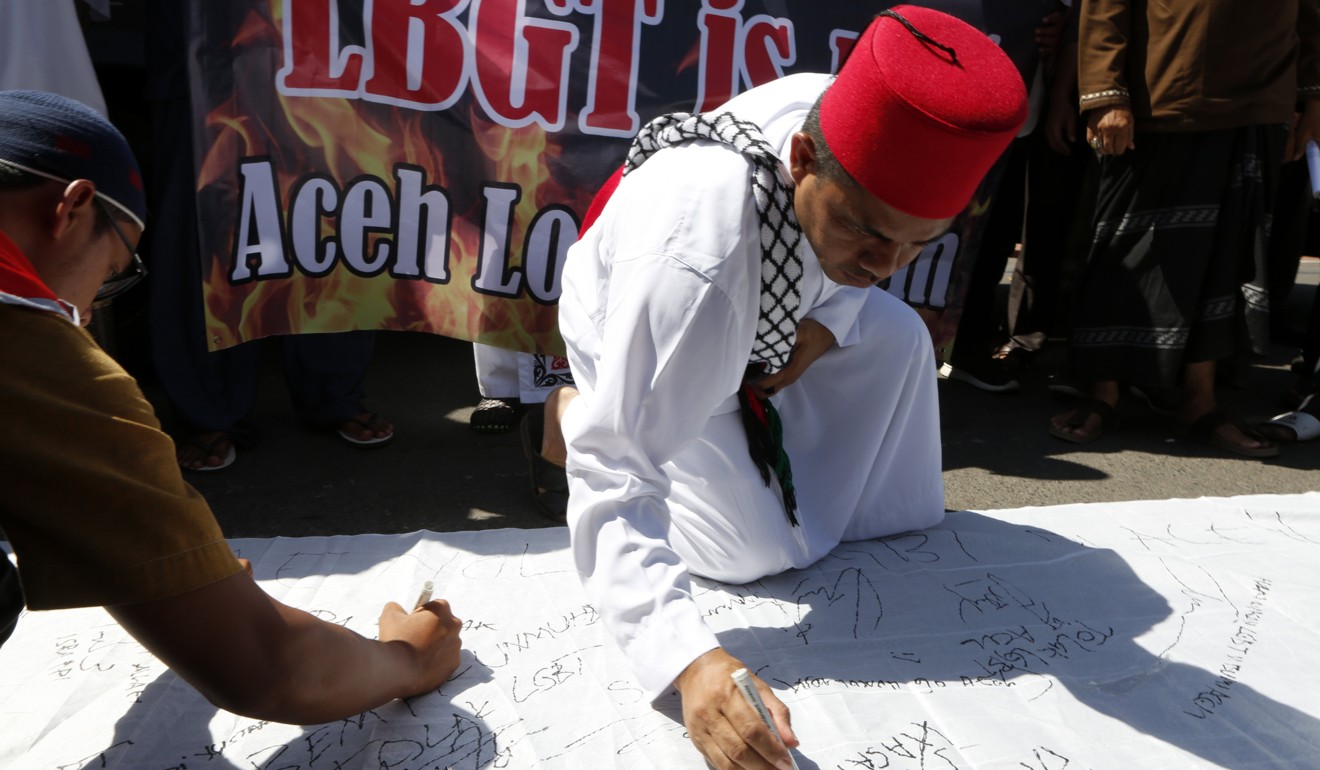
“It’s like a computer,” he said, referring to privacy. “We want a firewall to protect it.”
In part, the changes under consideration are a direct consequence of a ruling handed down by the Constitutional Court in December that declined to decide on a similar petition made by the Family Love Alliance, a small band of conservative scholars. The group asked the justices to expand the prohibitions on sex with minors to include adults of the same gender. The court punted, saying the question was a matter for parliament.
With elections looming in West Java this year, and a presidential contest slated for mid-2019, politicians clambered on board. Parliament’s new speaker Bambang Soesatyo, from Golkar, which has the second-largest number of seats in parliament, said same-sex relationships should be criminalised because they could “corrupt the morality of the nation”.
Where will Indonesia’s anti-gay hysteria end?
Such has been the vitriol heaped on the country’s gay men and women. A poll last month of more than 1,200 Indonesian adults showed nearly 90 per cent of respondents felt threatened by their LGBT brethren. Google this week said it removed 73 dating apps used by gay men and women from its Indonesian store following a request from the country’s communication ministry.
Representatives from the other nationalist parties, including Golkar, and the Democratic Party, the political vehicle of former President Susilo Bambang Yudhoyono, were not immediately available for comment.
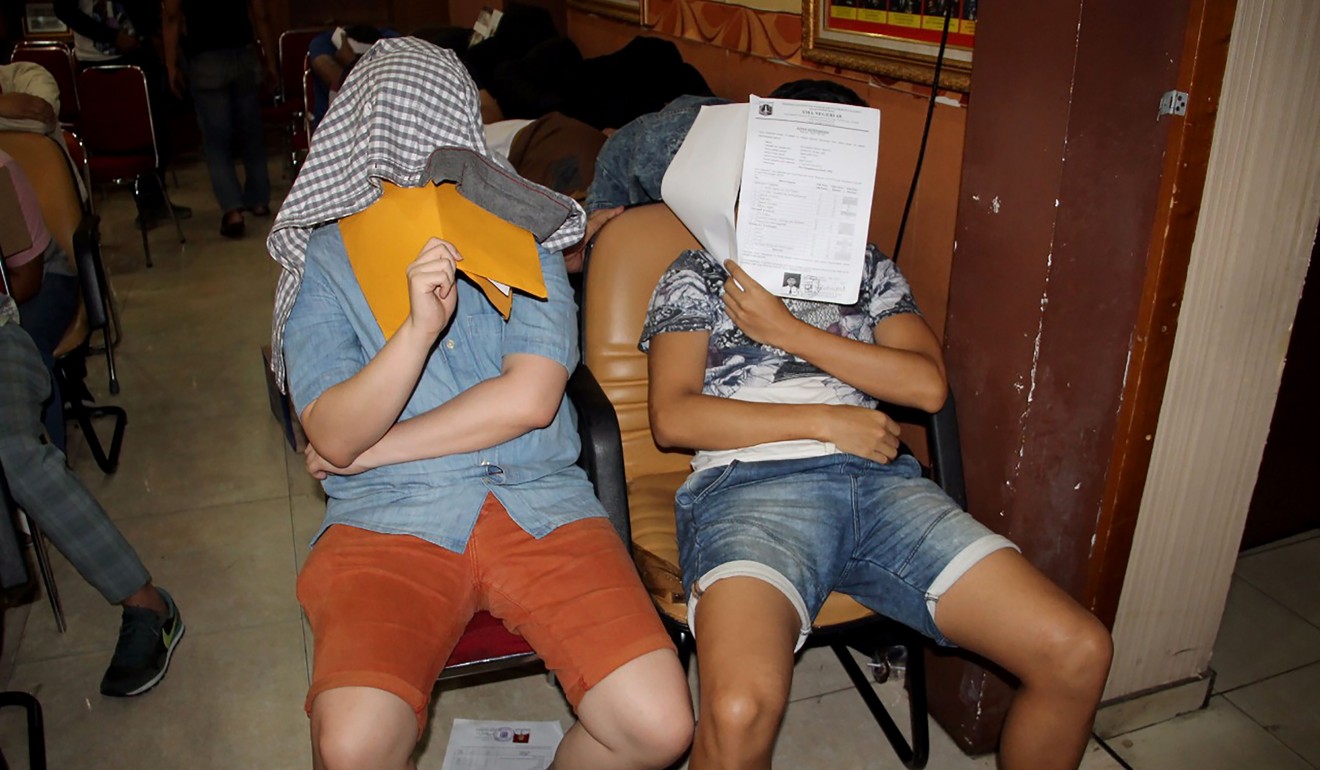
Indonesia’s leader, widely seen as a moderate, is unenthusiastic about the country’s growing preoccupation with other people’s sexual habits. Following last year’s public caning of two young gay men in Aceh, Widodo, weary of international opinion, leaned on the governor to limit the practice and move it indoors. His representative on the committee steering the changes to the criminal code, Enny Nurbaningsih, has told local media that she thinks criminalising sex outside marriage is unworkable because it’s difficult to prove.
“Widodo doesn’t want this issue,” says analyst Kevin O’Rourke, who writes the Reformasi newsletter of Indonesian current events. “There is a moderate mainstream that will worry about the government invading their privacy.”
‘Gender confusion’: the video contest fiasco that got Malaysia all mixed up
Still, the trend of conservatism appears to be moving in only one direction: to the right. Following the police round-up of transgendered women, many have taken cover, shuttering their salons and other businesses.
Some two decades after the fall of the dictator Suharto, their persecution makes a mockery of the country’s laws and claims to have embraced democracy, says Acehnese LGBT activist Hartoyo.

